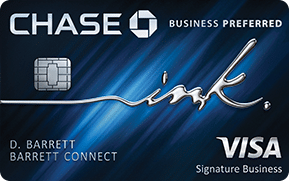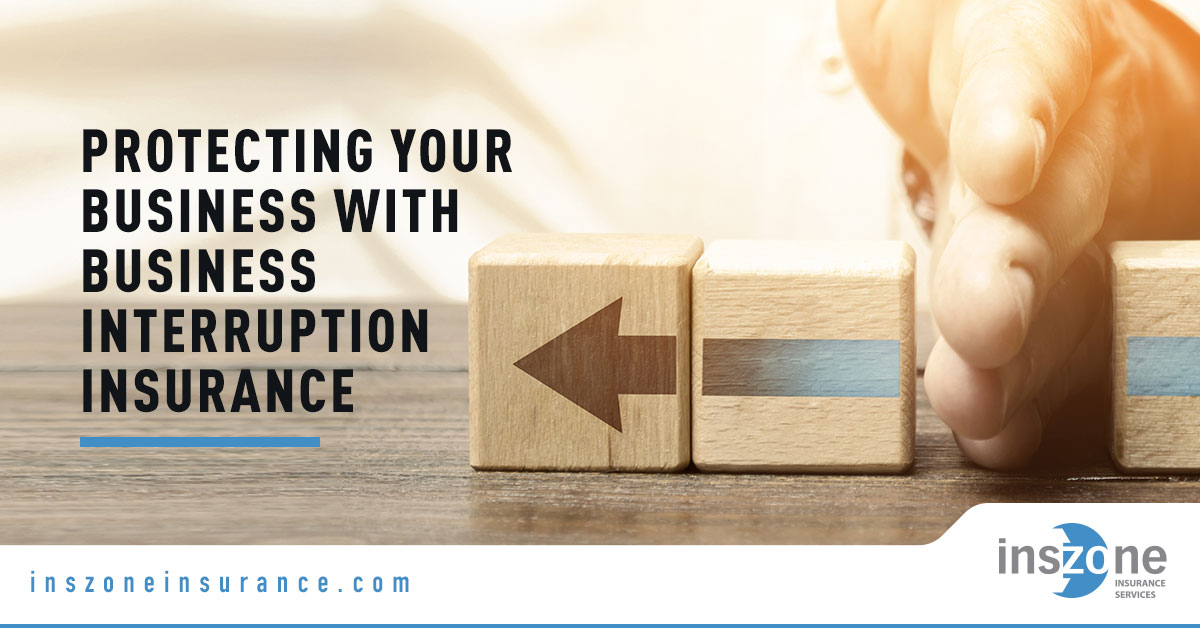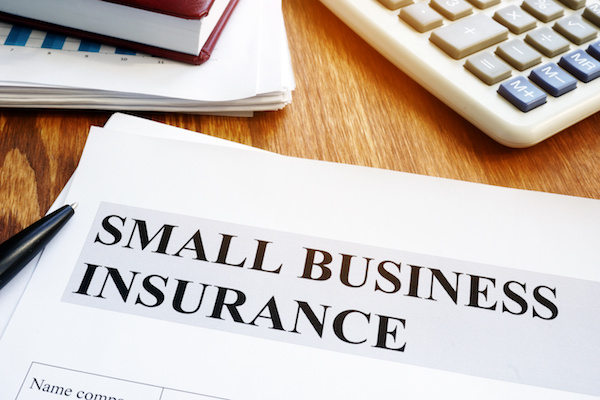Information Exchange After a Car Accident
When involved in a car accident, exchanging pertinent information is paramount. This documentation includes details such as names, contact information, insurance details, and the accident’s specifics. These details serve as building blocks for filing insurance claims, determining fault, and pursuing legal action if necessary. Moreover, they assist authorities in their investigation and ensure a seamless process for all parties involved.
Essential Information to Exchange
After a car accident, it is imperative to gather the following information, known as the 5 W’s:
1. Who: Exchange names, addresses, phone numbers, and email addresses with all parties involved in the accident, including drivers, passengers, and witnesses. This information is essential for contacting insurance companies and exchanging correspondence. Accurate and comprehensive contact details facilitate efficient communication throughout the claims process.
2. What: Document the make, model, year, license plate number, and insurance details of all vehicles involved in the accident. Additionally, note the time, date, and location of the accident, as well as any weather or road conditions that may have contributed to the incident. These details provide a clear picture of the circumstances surrounding the accident.
3. When: Record the exact time and date of the accident. This information is crucial for insurance claims and any subsequent legal proceedings. Time stamping the event ensures an accurate timeline of events.
4. Where: Determine and record the precise location of the accident, including the street address, intersection, or landmark. This information helps authorities locate the scene and conduct their investigation. Accurate location details ensure that all parties involved can easily access the necessary resources.
5. Why: If possible, gather information regarding the cause of the accident. This may include details such as traffic violations, weather conditions, road hazards, or any other factors that may have contributed to the incident. Understanding the cause of the accident facilitates assigning fault and determining liability.
What Information Should Be Exchanged in a Car Accident?
Being involved in a car accident is a stressful and overwhelming experience. In the aftermath of a crash, it’s easy to feel overwhelmed and forget what information to exchange. Here’s a handy guide to help you stay organized and ensure you collect all the necessary information from the other driver(s) involved in the accident.
Contact Information
Exchanging contact information is the most important thing you can do after a car accident. Make sure you get the following from all other drivers involved:
- Full name: Get their first and last name.
- Address: Note down their current address.
- Phone number: Exchange both landline (if applicable) and mobile phone numbers.
- Email address: If they have one, ask for their email address for further communication.
- Insurance details: Obtain the name of their insurance company, policy number, and expiration date.
Vehicle Information
In addition to contact information, you’ll also need to exchange vehicle information. Make a note of the following:
- Make, model, and year of each vehicle involved.
- License plate number for each vehicle.
- Vehicle identification number (VIN) for each vehicle.
- Color, size, and any other distinguishing features of each car.
- Take pictures of the vehicles involved. This will help document the damage and provide evidence for insurance purposes.
Witness Information
If there were any witnesses to the accident, try to get their contact information as well. Witnesses can provide valuable information about what happened and help support your claim. Make sure you get:
- Full name and contact information of each witness.
- A brief statement from each witness about what they saw.
Police Report
If a police report was filed, make sure you get a copy. The police report will contain important details about the accident, such as the date, time, location, and a summary of what happened. You can typically obtain a copy of the police report by contacting the police department that responded to the accident.
Other Important Details
Here are a few other things to keep in mind:
- Stay calm and collected. It’s easy to feel shaken up after a car accident, but it’s important to stay calm and focused so you can gather all the necessary information.
- Don’t admit fault. Even if you believe you were at fault for the accident, it’s important to avoid saying anything that could hurt your case. Let the insurance companies sort out who is responsible.
- Seek medical attention if you’re injured. Even if you don’t feel like you’re hurt, it’s always a good idea to get checked out by a doctor after a car accident. Some injuries may not be immediately apparent.
Summary
Exchanging information after a car accident is essential for protecting your rights and ensuring you can file a claim with your insurance company. By following these tips, you can make sure you collect all the necessary information and minimize the stress of dealing with an accident.
What Information Should Be Exchanged In A Car Accident?
The aftermath of a car accident can be a stressful and confusing time. One of the most important things you can do is to exchange information with the other driver(s) involved. This information will help you to file an insurance claim and get your car repaired or replaced. Here’s what you need to know about exchanging information after a car accident:
Vehicle Information
Record the make, model, year, and license plate numbers of all involved vehicles. Also, note the color of each vehicle and any damage that is visible. If possible, take pictures of the damage. This information will help your insurance company to identify the vehicles involved in the accident and assess the damage.
Driver Information
Exchange names, addresses, and phone numbers with the other driver(s) involved in the accident. Also, get their driver’s license numbers and insurance information. If there are any passengers in either vehicle, get their names and contact information as well. This information will help you to contact the other driver(s) and their insurance companies to file a claim.
Witness Information
If there are any witnesses to the accident, get their names and contact information. Witnesses can provide valuable information about what happened, which can help you to prove your case if you need to file a lawsuit.
Police Report
If the accident was serious, the police will likely be called to the scene. If so, get a copy of the police report. The police report will contain important information about the accident, such as the time and location of the accident, the names of the drivers involved, and the damage to the vehicles.
Insurance Information
Exchange insurance information with the other driver(s) involved in the accident. This information will help you to file an insurance claim and get your car repaired or replaced. Make sure to get the name of the insurance company, the policy number, and the expiration date.
What Information Should Be Exchanged in a Car Accident?
Uh-oh, you’ve been in a fender bender. Now what? The first step is to stay calm and collect as much information as possible. Here’s a crash course on what you should exchange with the other driver to help ensure a smooth insurance claim and legal process.
Accident Details
Start by noting down the time, date, and location of the accident. Write down a brief but thorough description of what happened, including the direction you were traveling, the other vehicle’s make and model, and any witnesses or passengers involved.
Driver Information
Exchange your driver’s license information, including your name, address, phone number, and insurance company details. It’s crucial to provide your insurance card, so the other driver can contact your insurer directly.
Vehicle Information
Make sure you have the other vehicle’s license plate number, make, model, and color. If possible, take photos of both vehicles, especially the damage. This visual evidence will come in handy later on.
Witness Information
If any witnesses were present, get their names, contact information, and a brief statement of what they saw. Witnesses can provide valuable corroborating evidence in case of a dispute.
Insurance Information
Contact your insurance company and provide them with all the details of the accident. They will guide you through the claims process and keep you informed about your coverage options. Remember, it’s always better to err on the side of caution and report the accident to your insurance provider, even if you don’t think there’s major damage.
What Information Should Be Exchanged in a Car Accident?
After a car accident, it can be difficult to think clearly and remember everything you need to do. However, it is important to exchange certain pieces of information with the other driver(s) involved in the accident in order to protect your rights and ensure that you receive the compensation you deserve. Here is a list of the most important information to exchange after a car accident:
Driver’s License Information
This includes your name, address, date of birth, and driver’s license number. You should also exchange contact information, such as your phone number and email address.
Insurance Information
This includes your insurance policy number, the name of your insurance company, and your agent’s contact information. You should also exchange the same information for the other driver(s) involved in the accident.
Vehicle Information
This includes the make, model, year, and license plate number of your vehicle. You should also exchange the same information for the other driver(s) involved in the accident.
Witness Information
If there were any witnesses to the accident, you should get their names, contact information, and statements. This information can be helpful in proving your case if you need to file a claim with your insurance company or take legal action.
Accident Details
This includes the date, time, and location of the accident, as well as a brief description of what happened. You should also take pictures of the accident scene if possible. This information will be helpful in documenting the accident and proving your case.
What Information Should Be Exchanged in a Car Accident?
After a car accident, it’s crucial to gather as much information as possible to ensure a smooth claims process. Here’s a comprehensive guide to the essential details that you should exchange with the other parties involved:
Personal Information
Begin by exchanging your names, addresses, phone numbers, and email addresses. Also, note down the names and contact details of any passengers in your vehicle.
Insurance Information
Provide your insurance provider’s name, policy number, and contact information. Request similar details from the other driver(s) involved in the accident.
Vehicle Details
Note down the make, model, year, and license plate numbers of all vehicles involved. Also, take pictures of the damage to your car and any other affected vehicles.
Accident Details
Describe the accident as thoroughly as possible, including the time, date, location, and weather conditions. Explain how the accident occurred, and note any road signs, traffic signals, or other relevant factors.
Witness Details
If there are any witnesses present, obtain their names, contact information, and a brief statement of what they saw. Witnesses can provide valuable insights into the events leading up to and during the accident.
Police Report
If a police officer is present, ask for a copy of the accident report. This document will provide an official record of the incident and the responding officer’s observations.
Medical Information
Exchange medical information if there are any injuries. Note down the names and contact details of the medical professionals who treated you or the other parties involved. Also, obtain copies of any medical records or bills.
Additional Tips
In addition to the essential information listed above, consider exchanging the following details as well:
- Driver’s license numbers
- Vehicle registration numbers
- Witness statements (if possible)
- Photographs or videos of the accident scene
- Names and contact information of any businesses or individuals who may have witnessed the accident
By gathering this information promptly and accurately, you can help facilitate a smoother and more efficient claims process.
What Information should be exchanged in a car accident
After a car accident, it’s essential to exchange specific information with the other driver(s) involved. This information will help insurance companies determine fault and coverage, and it can also be helpful if you need to file a police report or take legal action.
Contact Information
First and foremost, you should exchange contact information with the other driver(s) involved in the accident. This includes your name, address, phone number, and email address. You should also get the other driver’s insurance information, including their name, policy number, and contact information.
Insurance Information
In addition to exchanging contact information, you should also exchange insurance information with the other driver(s) involved in the accident. This information includes your insurance company’s name, policy number, and contact information. You should also get the other driver’s insurance company’s name, policy number, and contact information.
Photographs and Documentation
If possible, you should take pictures of the damage to your vehicle, the other vehicles involved in the accident, and the accident scene. You should also keep copies of any police reports or medical records related to the accident.
Witness Information
If there were any witnesses to the accident, be sure to get their contact information. Witnesses can provide valuable information about what happened, and their testimony may be helpful if you need to file a police report or take legal action.
Driver’s License Information
You should also exchange driver’s license information with the other driver(s) involved in the accident. This information includes your name, address, date of birth, and driver’s license number. You should also get the other driver’s driver’s license information.
Vehicle Information
Finally, you should exchange vehicle information with the other driver(s) involved in the accident. This information includes the make, model, year, and license plate number of your vehicle. You should also get the other driver’s vehicle information.




Leave a Reply